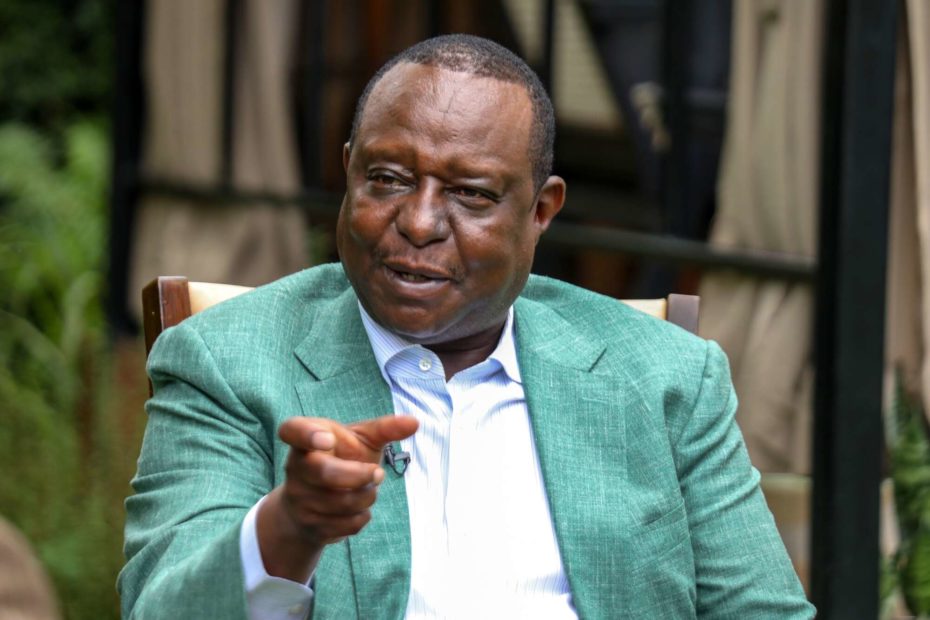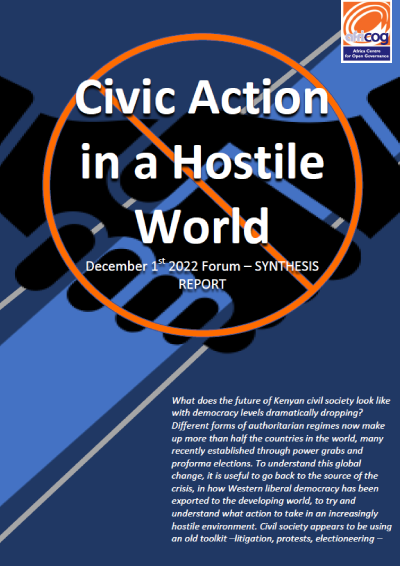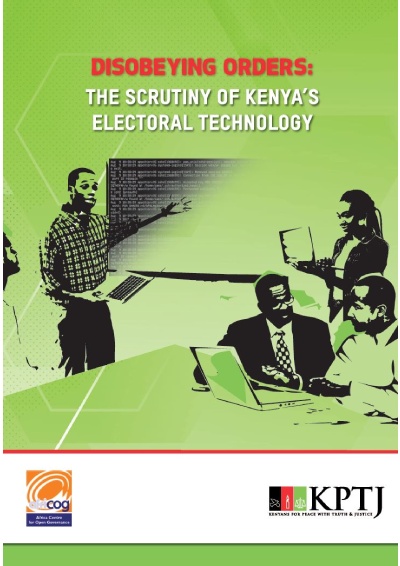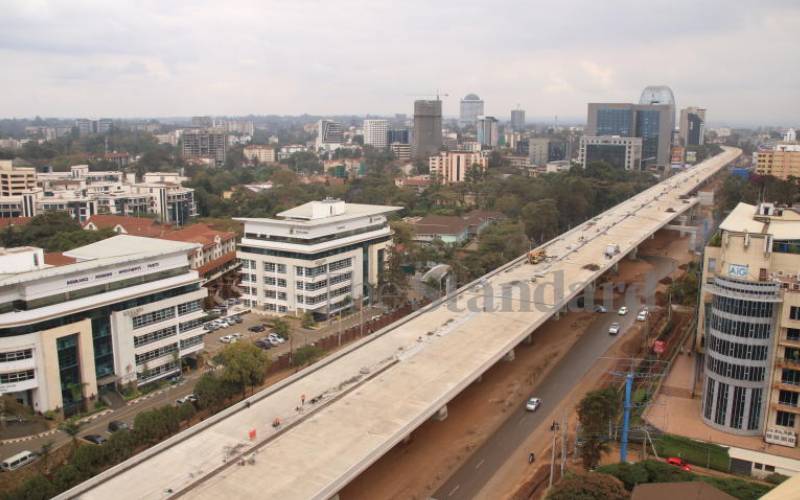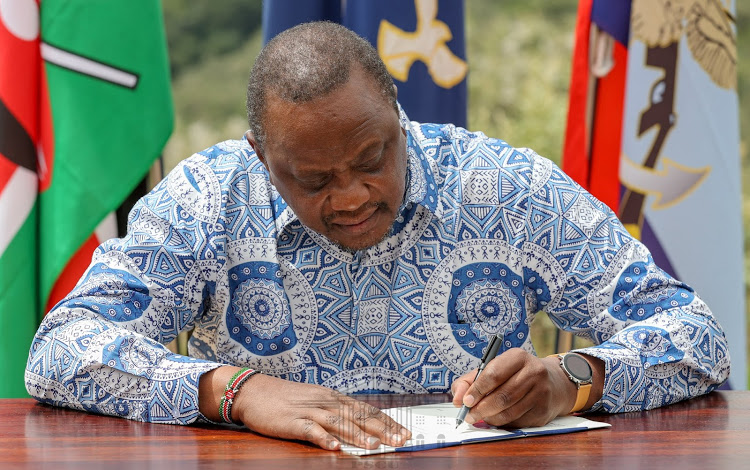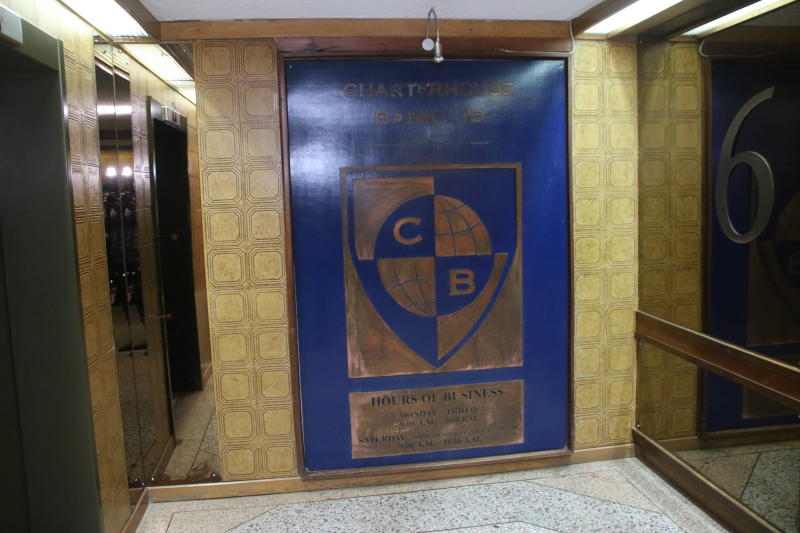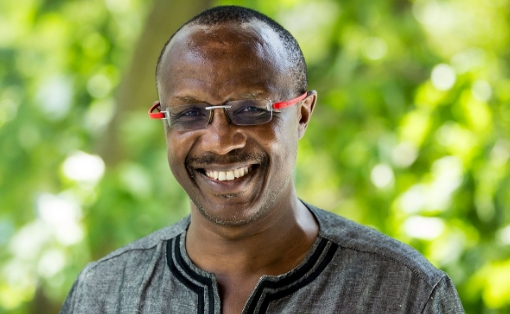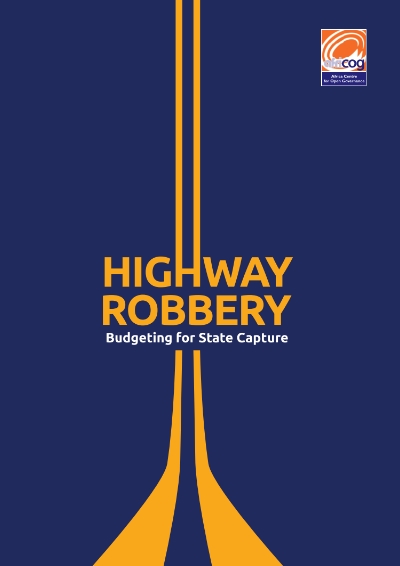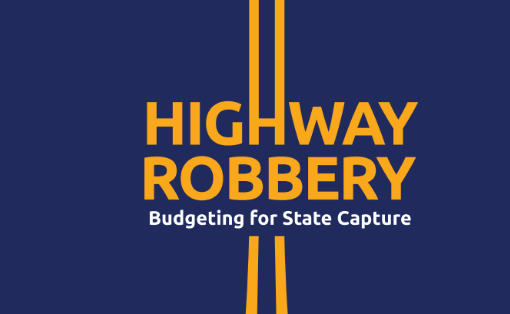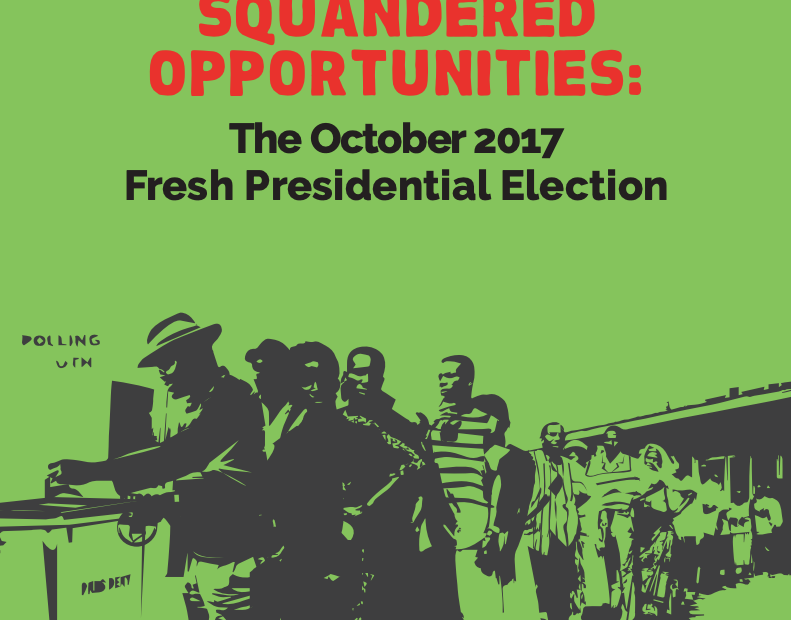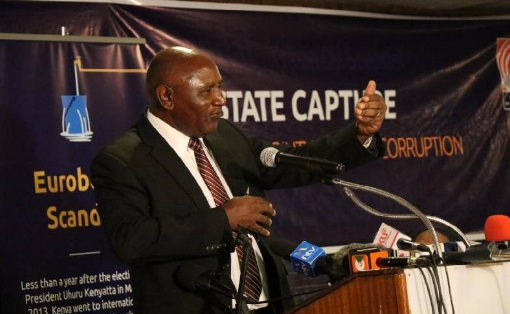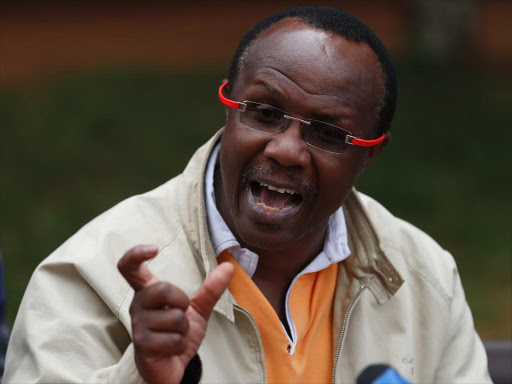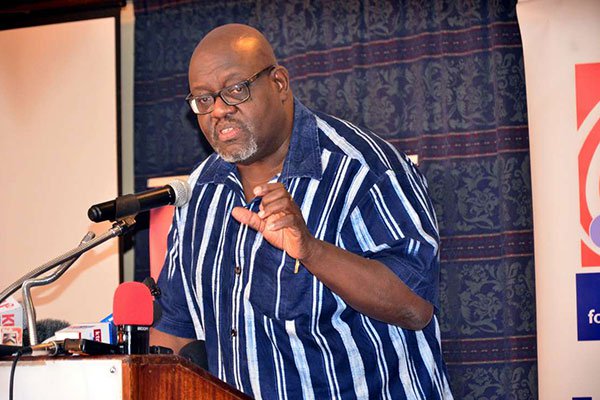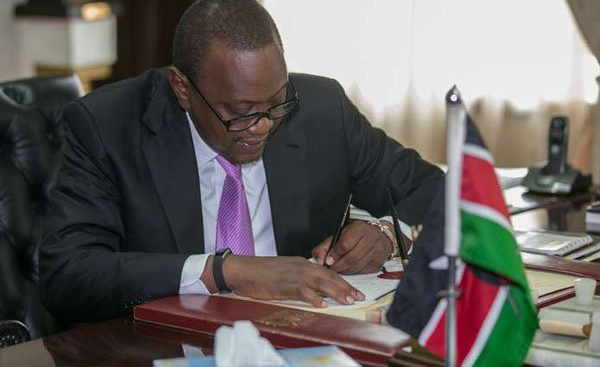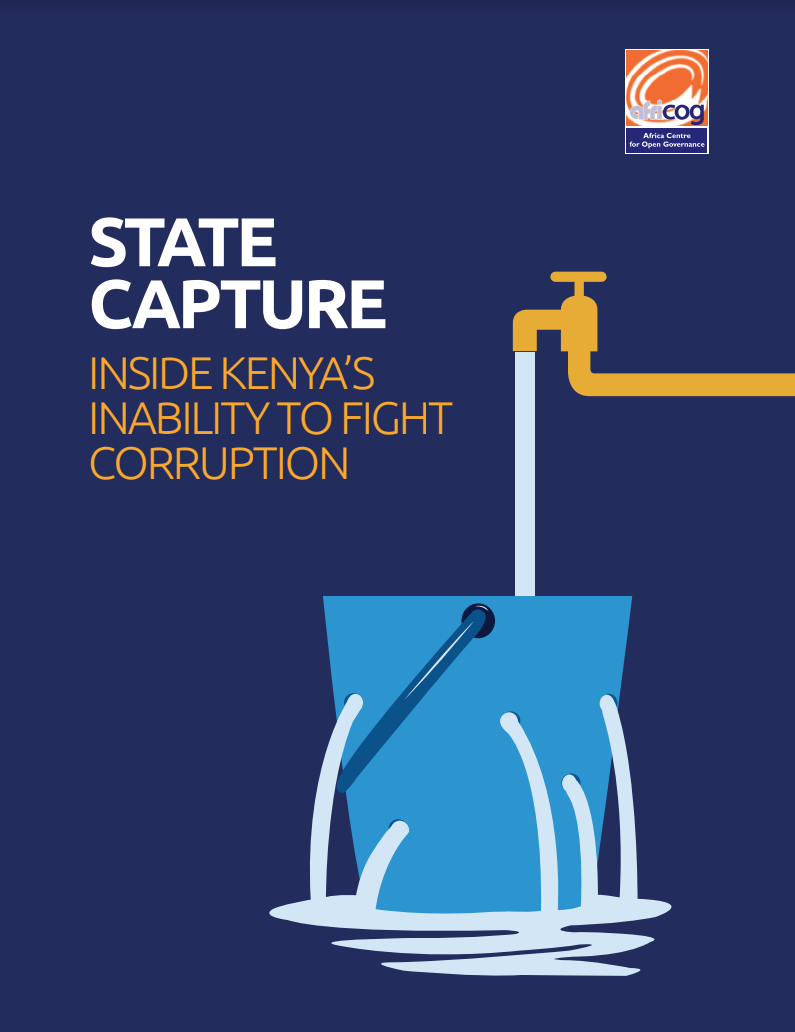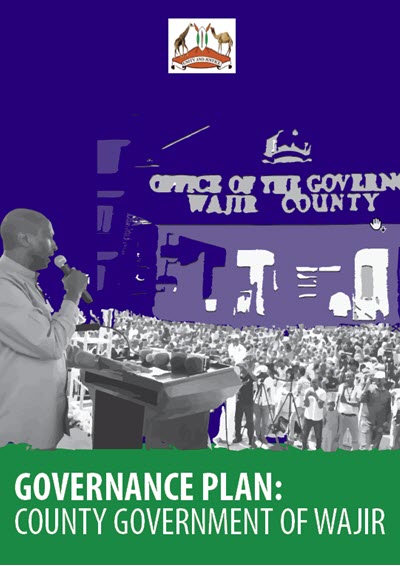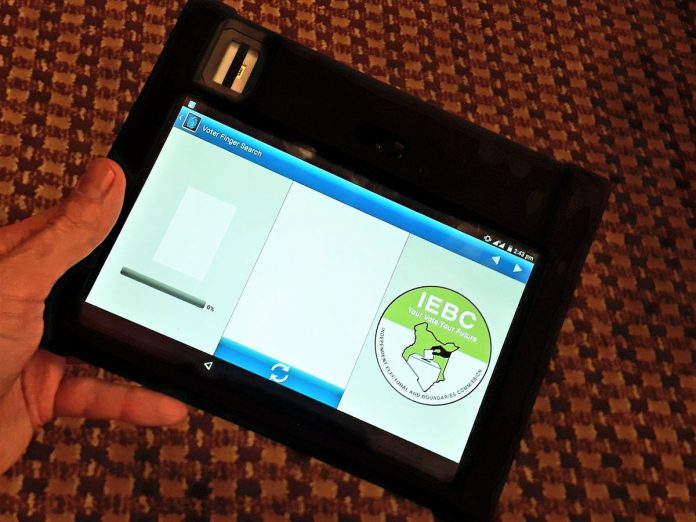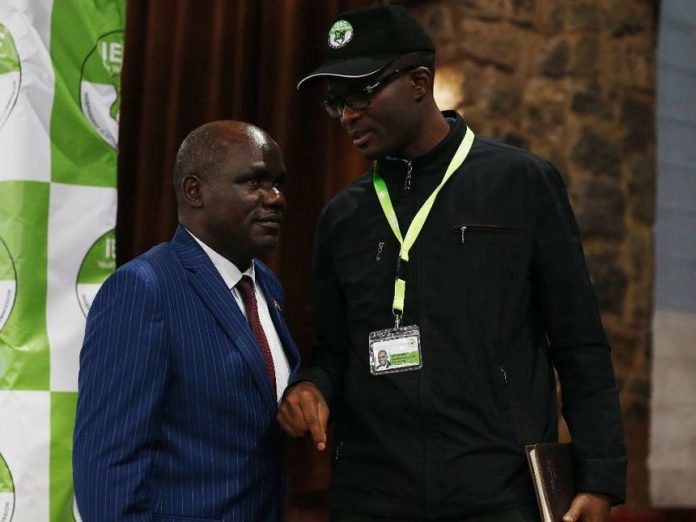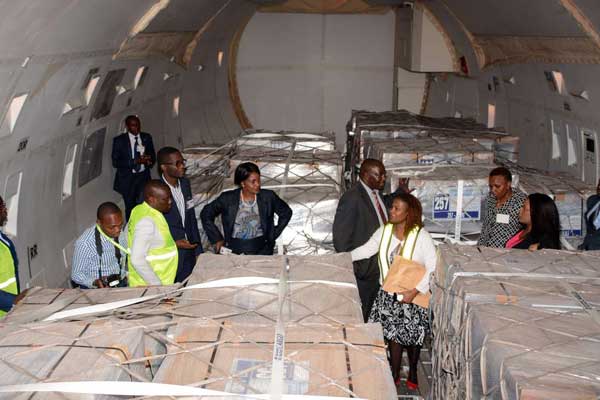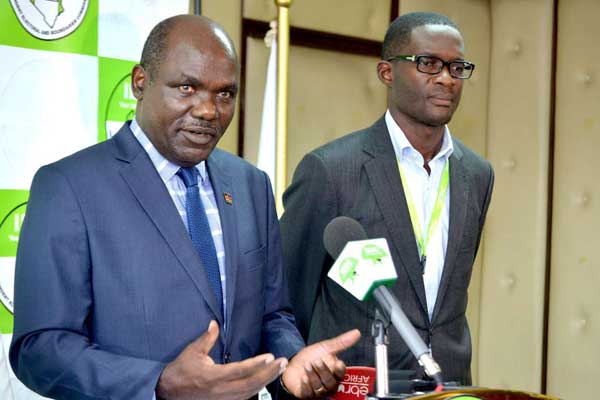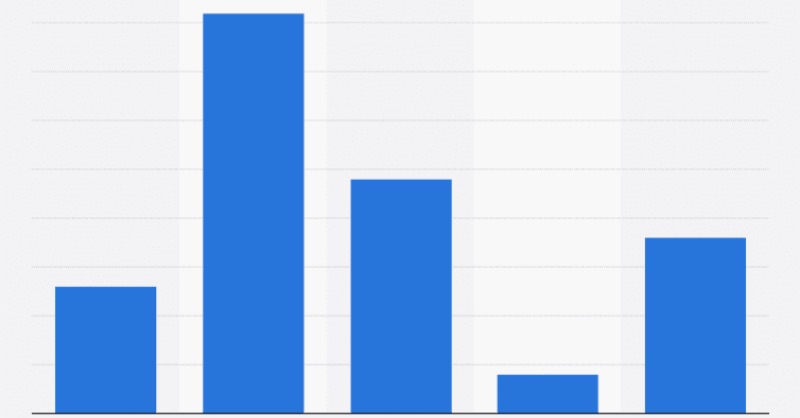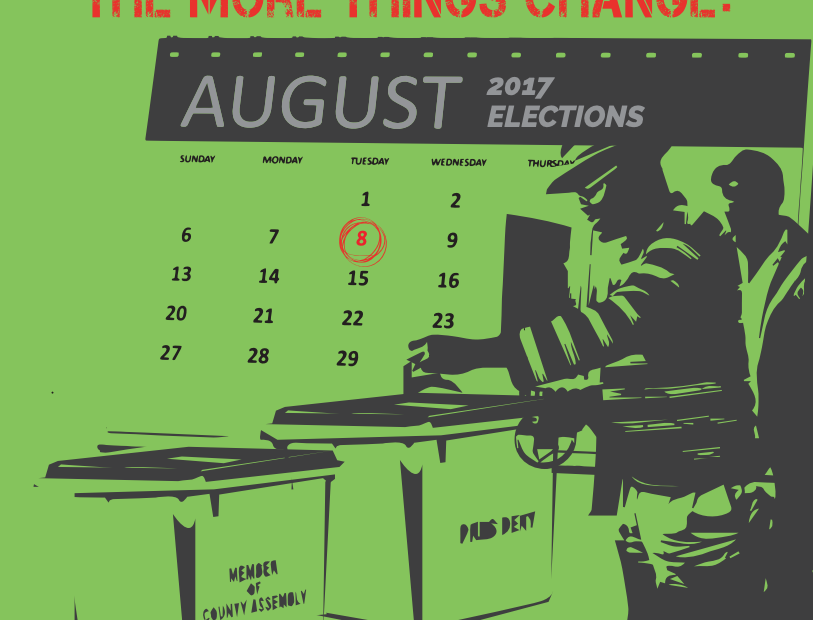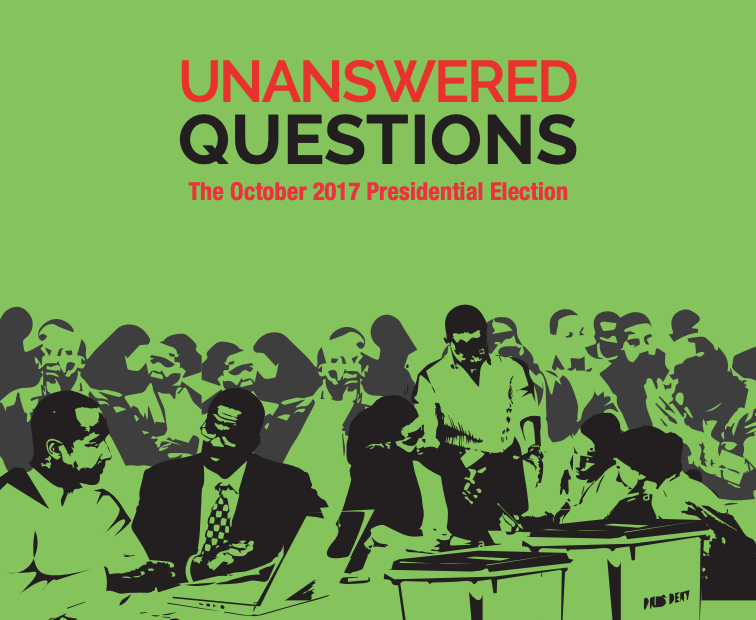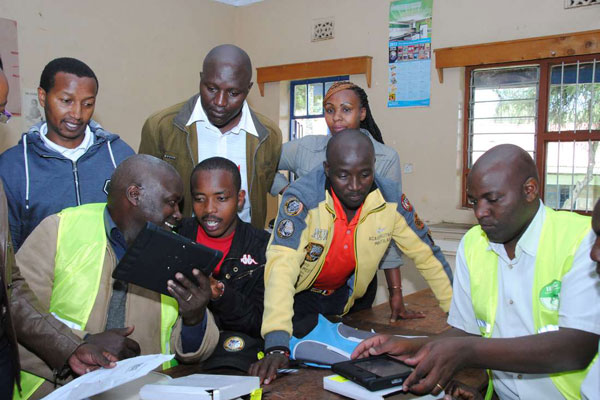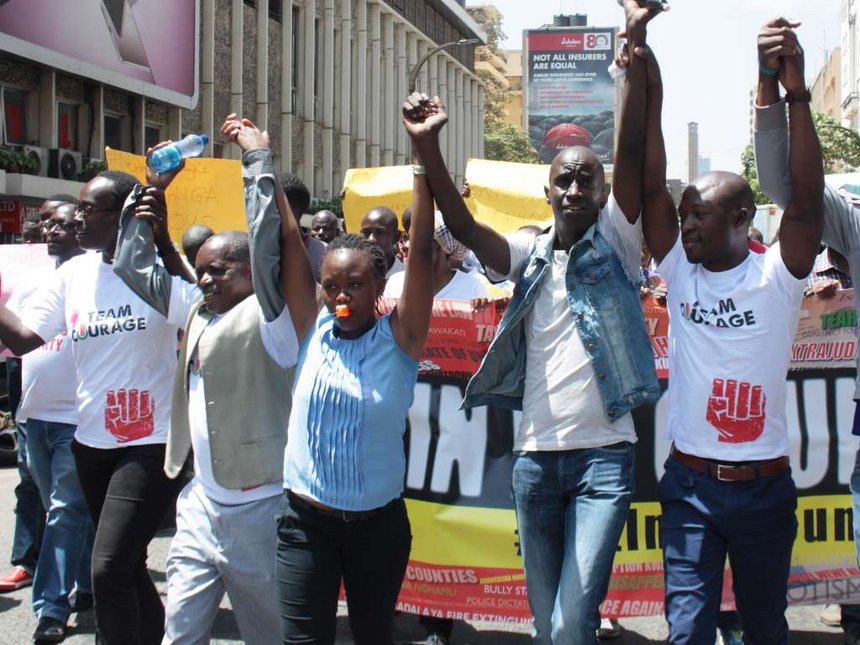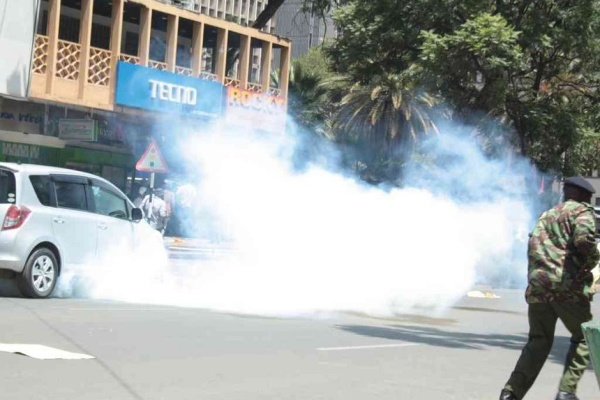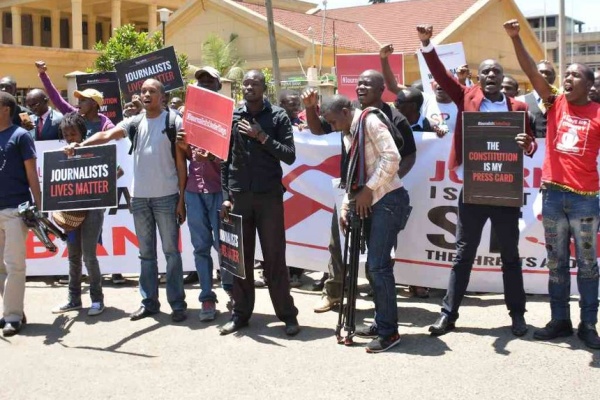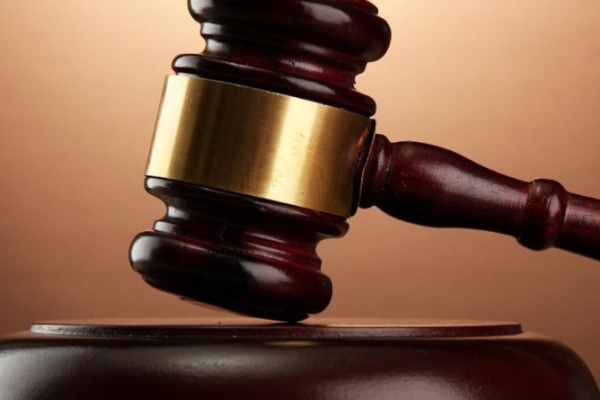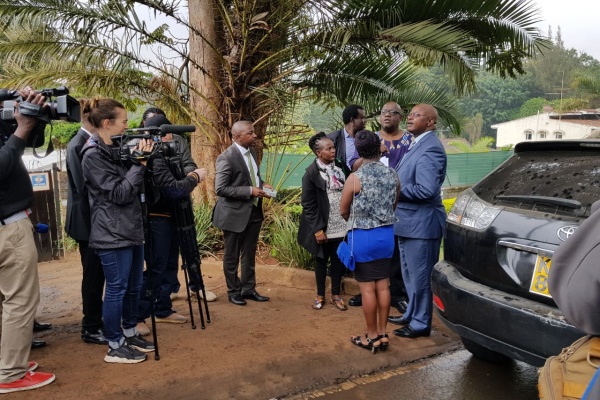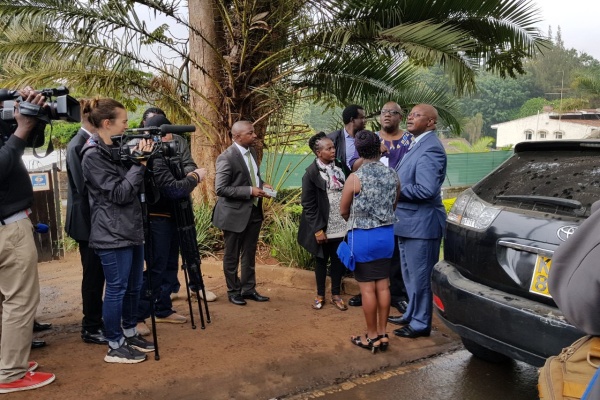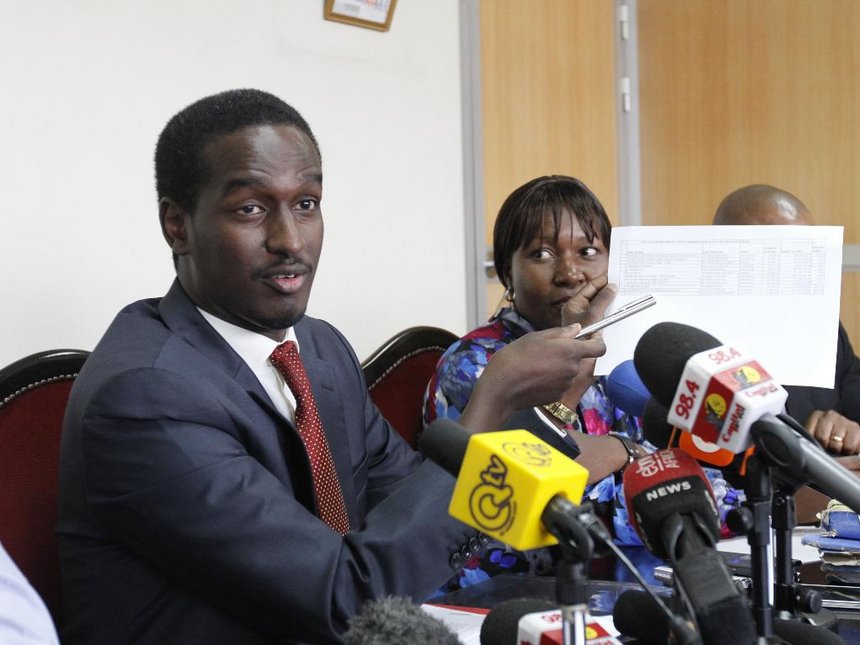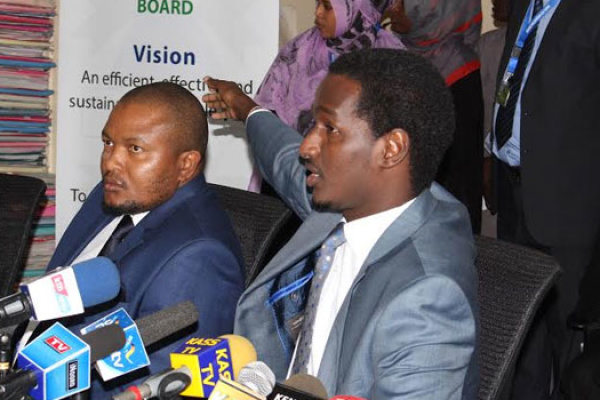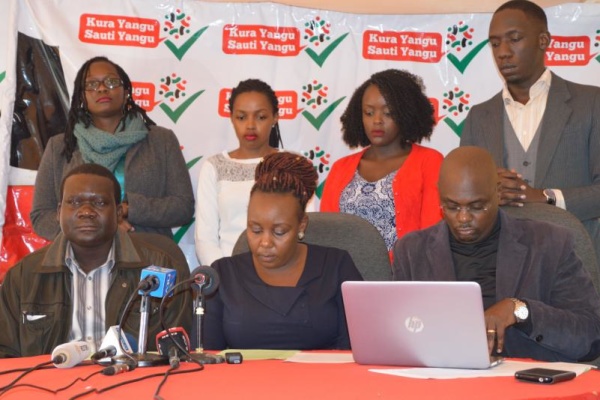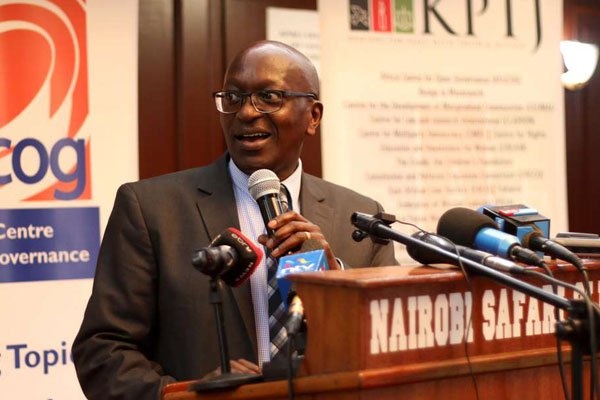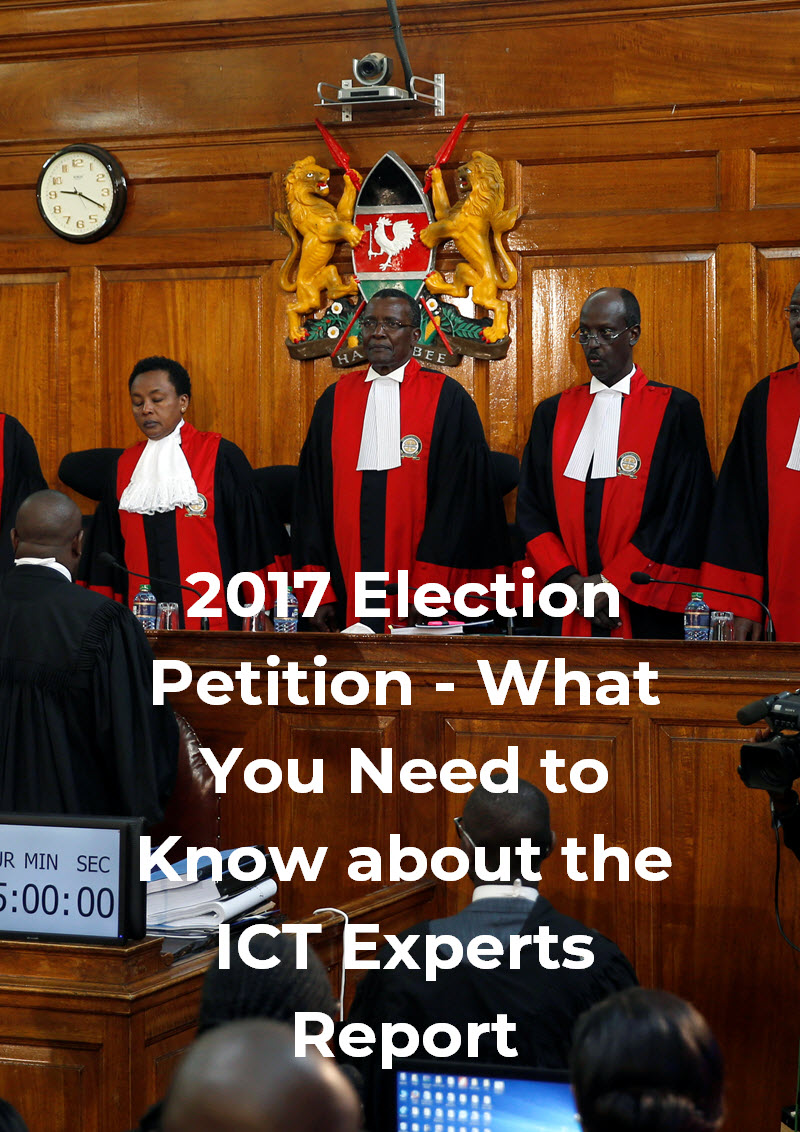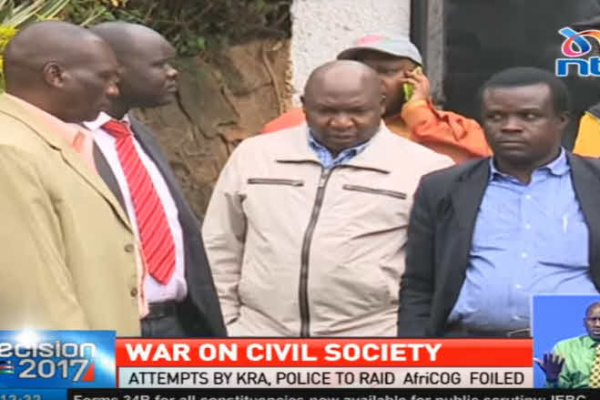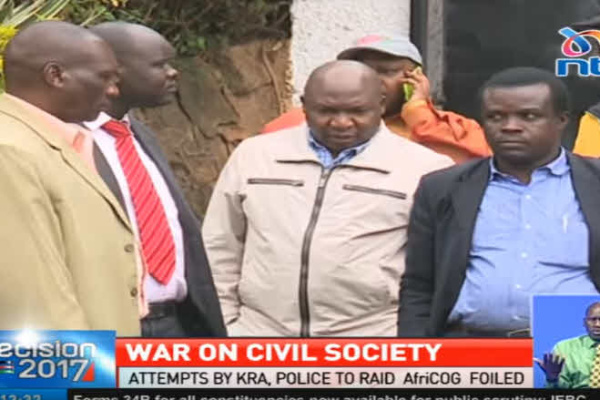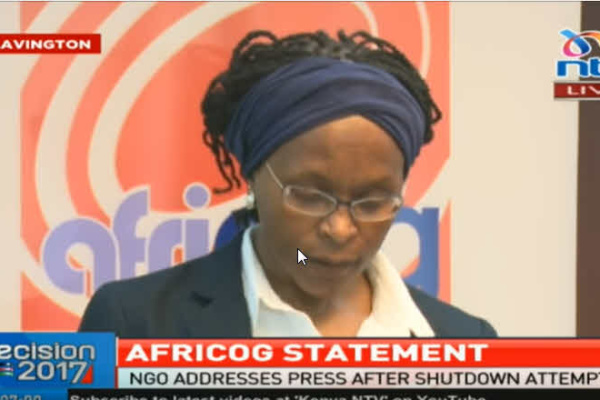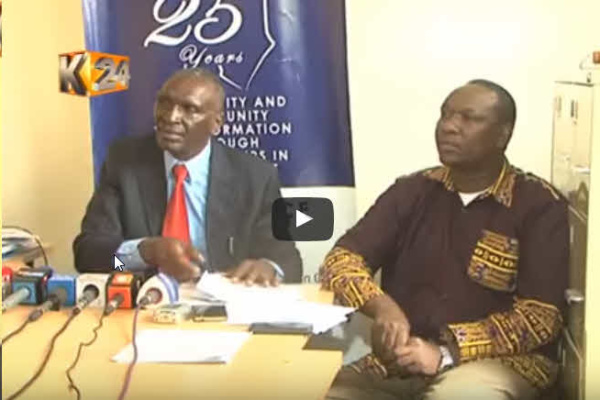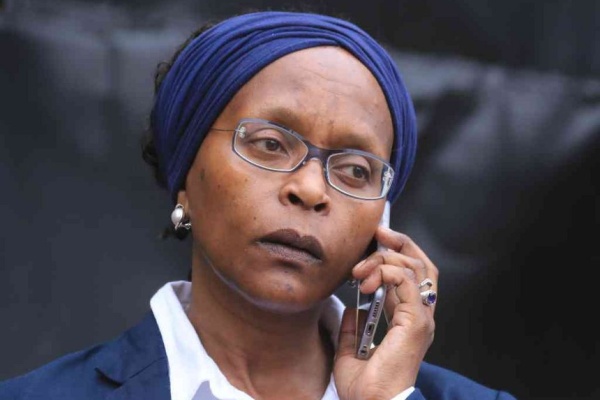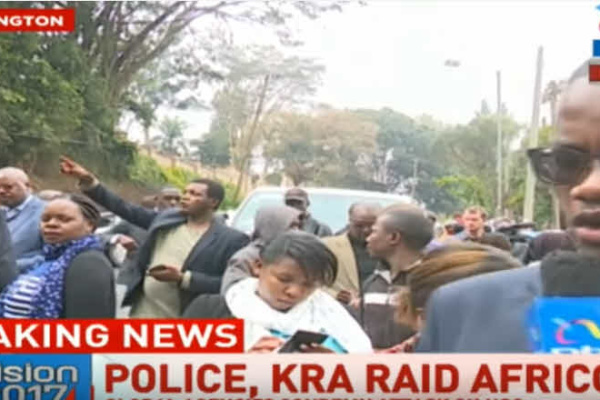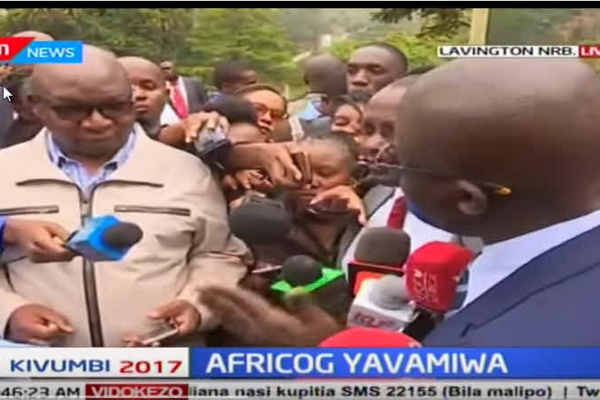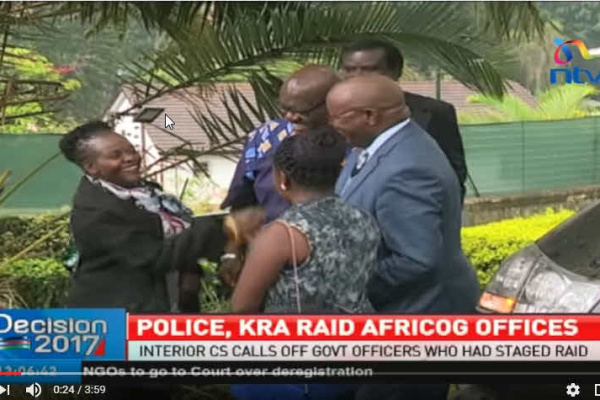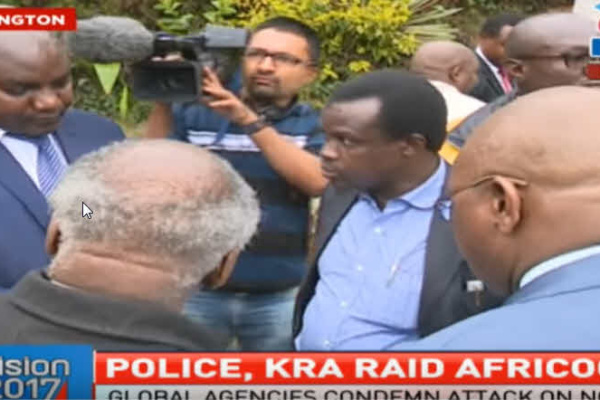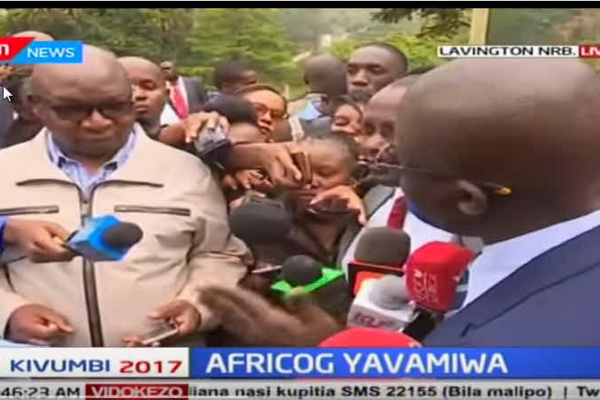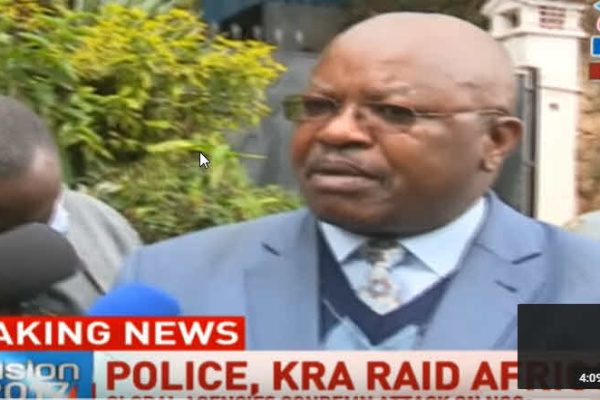Njonjo Mue is not the typical human rights activist: He is brilliant, hardly screams and speaks methodically.
Born in Thika, Mr Mue came to the attention of the media in 1997 when he joined many other activists at Uhuru Park to demand for a new constitution ahead of the elections.
As police tear-gassed everyone, one man was left kneeling down – praying and singing the National Anthem: The man was Njonjo Mue.
REFORMS
The bravery of Mr Mue caught the attention of photographers and his picture became the source of inspiration to those confronting the Moi administration and demanding free electoral atmosphere.
Mr Mue was part of the group that coined ‘No Reforms, No Elections” phrase in 1997 when opposition MPs decided to side with Moi and agreed to carry out minimum reforms against the wishes of the civil society groups, which were pushing to an overhaul of the Constitution.
A former ‘A’ student at Alliance High School – where he was an actor and sang in the choir – Mr Mue studied law at the University of Nairobi and later at Oxford University where he was a Rhodes Scholar and did Bachelor of Civil Law.
LEGAL ADVISOR
He also studied for a Master’s in international law and comparative human rights.
On his LinkedIn page, Mr Mue says that he was “prevented from graduating due to illness”.
Before he came back to Kenya, Mr Mue worked with Article 19 as the legal advisor to the African programme based in South Africa.
It was during this period that he was named Jurist of the Year 2000, becoming the youngest recipient of the award. He was 33.
Mr Mue was later employed as Regional Director with Panos Eastern Africa based in Uganda up to 2002 – before starting work as head of advocacy with the government-funded Kenya National Commission on Human Rights, which was chaired by his ally, Maina Kiai.
ACTIVISM
It was his epic speech during the Jurist of the Year ceremony that captured attention of everyone present as he sought solutions to the national issues.
“First, we must robustly embark upon the task of organising the unorganised.
“I was once led to believe that the role of education was to enable us to speak for the voiceless; but I have since come to know that the best people to speak for the voiceless are the voiceless themselves,” he said.
Mr Mue has a driving philosophy and which he clearly elucidated:
“The human rights movement has tended to be selective in choosing the issues to articulate, partly based on convenience and practical considerations.
“But we cannot choose our battles only because they can be won. We must choose our battles because they must be fought”.
ARREST
He is the man who in 2004 scaled the walls of Parliament and took away a pennant flag off a cabinet minister’s limousine to symbolically demonstrate the government’s loss of moral authority to govern after the Anglo-leasing scandals and decision by MPs to increase their salaries.
He was also said to have slapped an assistant minister in the process before he was arrested and charged with creating disturbance.
At the court, he got more attention when he stood and sang the whole national anthem and the magistrate asked the orderlies to let him finish the song.
INSANITY TEST
But when the magistrate ordered that he be subjected to psychiatric test, Mr Mue sought to address the court:
“If in Kenya today it is considered normal for ministers to drive vehicles worth Sh10 million while a family of six in Kibera subsists on Sh40 a day, then you don’t have to ask a psychiatrist, I will tell you myself for free, I am mad;
If it is considered normal for MPs to be taken to Mombasa on holidays by BAT to be bribed to block tobacco control legislation while our people continue dying of tobacco related ailments, then I am mad;
If it is normal for our leaders to traverse the land hurling insults at each other while our people are robbed, raped and murdered, then I am mad;
And I take comfort in the fact that I am not the only one, we are millions of mad people who do not want to act normal while watching our country going to the dogs.
As for the charge before you, your honour, I beseech you not only to find me guilty, but to hand down the harshest sentence permitted by the law.”
ELECTION
A day before he filed the presidential petition, Mr Mue had posted the same thought on his Facebook page:
“We should pick our fights not just because they can be won, but because they must be fought.”
Besides his life as a human rights crusader, Mr Mue is also a trained theologian and did an MA at the Nairobi International School of Theology majoring in the Theology of Social Involvement, Christian Ministry and Leadership.
He wrote his MA Thesis on the topic “Forgiveness in Politics: Reflections on Truth, Justice and Reconciliation in Kenya.”
